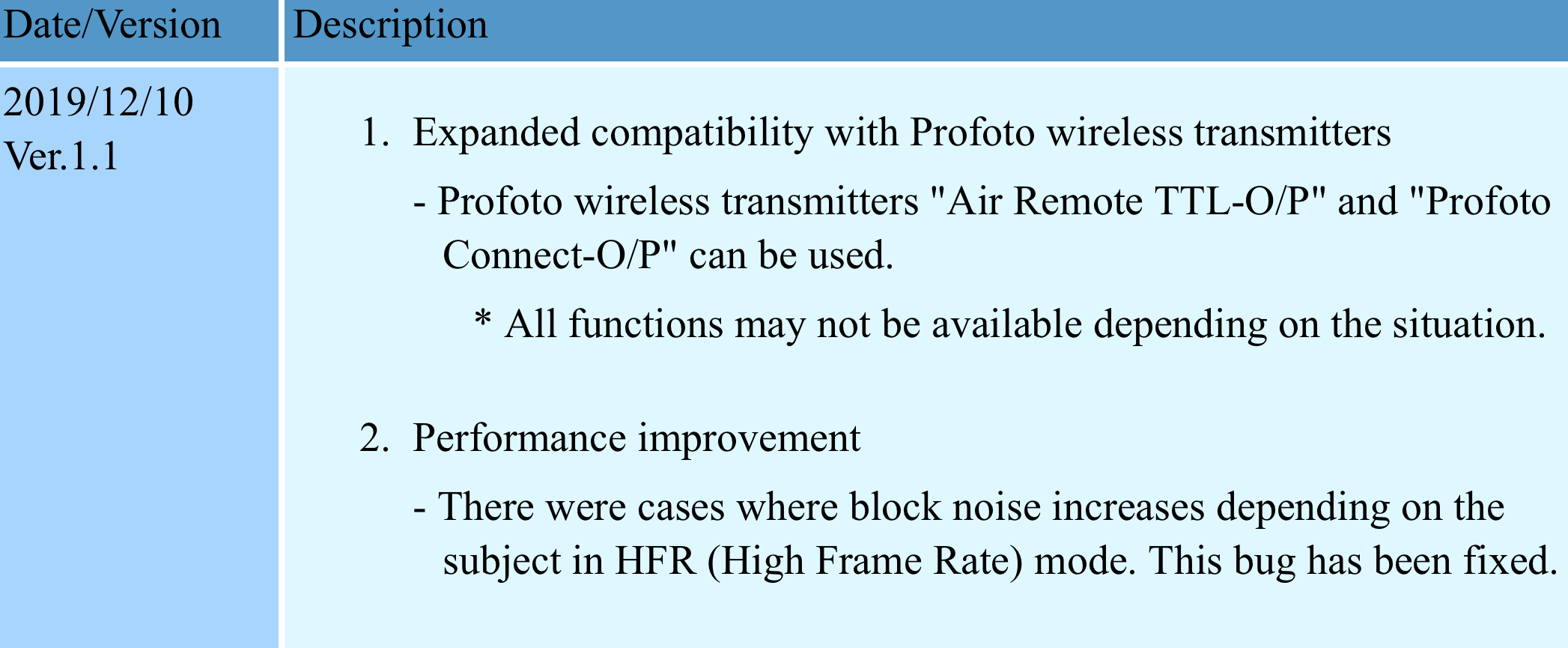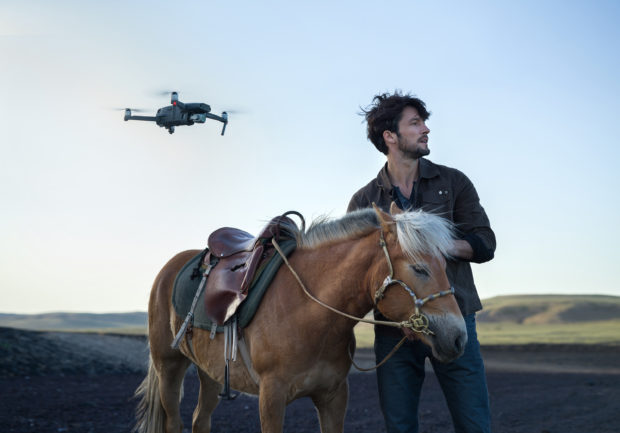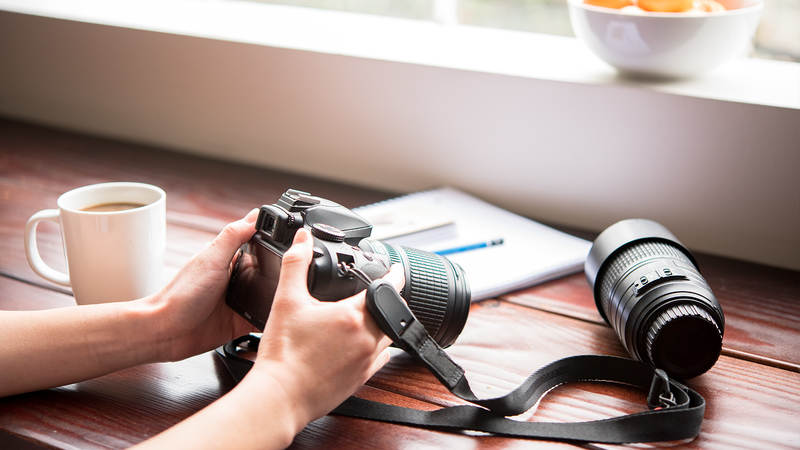Tips & Tricks

The earth laughs with flowers
1x Blog-Tips & Tricksby Editor Lourens Durand

'Still life with violin and flowers' by Andrey Morozov
Flowers
The purpose of flowers being put on earth may have originally been to attract insects, bees and birds so that pollination could take place and eventually result in the production of fruit and vegetables for human consumption. Some flowers, on the other hand, have had thorns attached or were poisonous, creating different, if nefarious, uses.

'Summer beauties' by Mandy Disher

'Beware … hot!' by Wieteke de Kogel
Since then, though, flowers have come to mean many different things to different people, apart from signalling an impending crop or doing someone in.
Flowers may signify love, hope, faith, peace, romance, poetry and femininity (amongst others). They also feature at birthdays, weddings, funerals and demonstrations of “happiness”.

'*****' by Svetlana Melik-Nubarova

'Still life with an open book' by Andrey Morozov

'romantic still-life' by magnola

'Wreath making' by Caner Başer
The Old Farmers Almanack lists the meanings of a host of flowers, including:
Roses:
- Red means 'I love you'
- Dark crimson is associated with mourning
- Pink represents happiness
- White reflects purity, heaven and worthiness
- Yellow depicts jealousy or infidelity
Carnations:
- Red stands for admiration
- White symbolizes pure love
- Pink means 'I will never forget you'
- Yellow stands for disdain and disappointment
Daisies represent hope
Gardenias show a secret love
A mix of pink and white roses, or pink carnations, are a way of saying 'I'm sorry'.

'Apology' by Sebastian Kisworo

'Enjoying a Rainy Day' by Delphine Devos

'Still Life With Roses and Fruits' by UstinaGreen

'Grapefruit of Breakfast' by Darlene Hewson

'Still life with daisies and apples' by Tatyana Skorokhod
From a photographer’s point of view, macro lenses are great for zooming in on individual or small groups of flowers. The problem, however, is the shallow depth of field associated with these lenses when used close up.
This is where photo-stacking comes to the rescue: shooting a number of images at different focus points and then combining them in Photoshop cc or other software (like Helicon Soft), to yield a photo that is in focus all the way through, or mostly so.

'La giostra' by Silvia Spedicato

'Sunny flower' by Silvia Spedicato

'Bulbinella Floret' by Lourens Durand
Ideally, the camera should be mounted on a specialised macro focussing rail on top of a tripod. This enables the camera to be moved forward or backwards at tiny intervals, resulting in a series of photos focussed at different points from front to back of the subject. Use a Depth of Field Calculator to determine the number and range of shots needed: too few and there will be out-of-focus gaps and artefacts; too many are just a waste of time.
These images may be aligned in Photoshop cc using file/automate/photo merge (after un-clicking blend images together) and, once this operation has been completed, blending using edit/auto blend layers, with cropping and fine-tuning of the photo later.
Using this technique, it is possible to produce pin sharp images from front to back.
Then you can lean back and say, as Ralph Waldo Emerson once did, “The earth laughs with flowers”.
Lourens Durand
. '
























